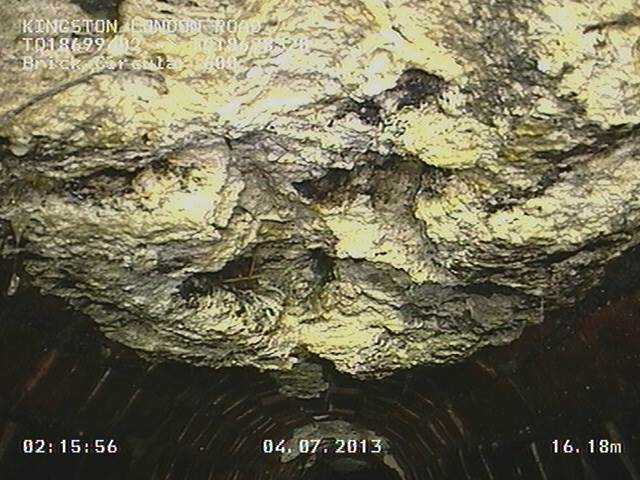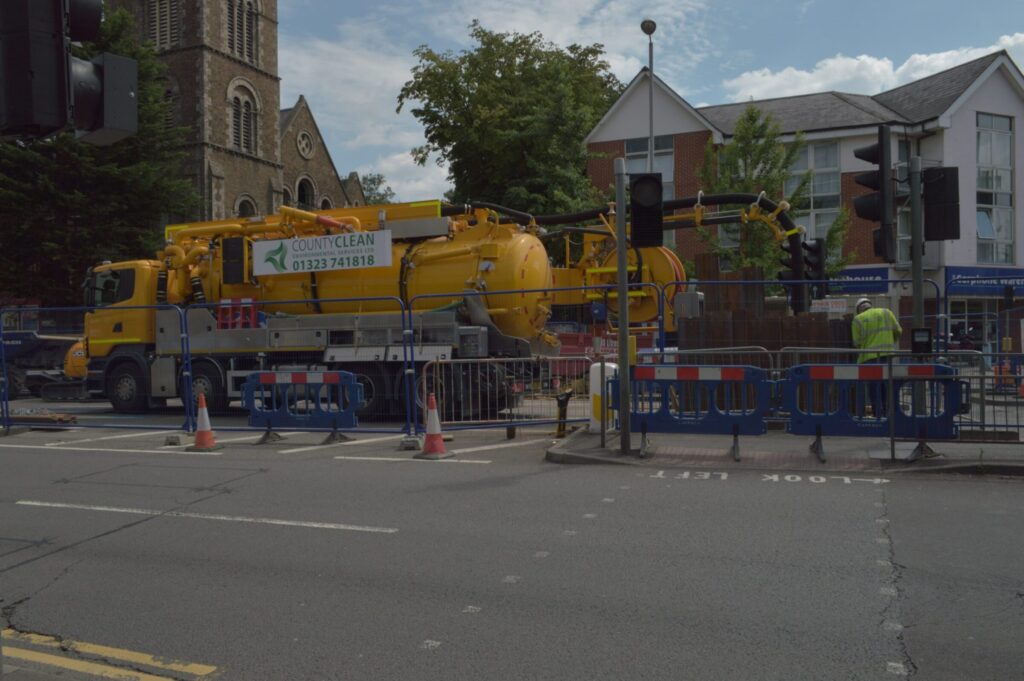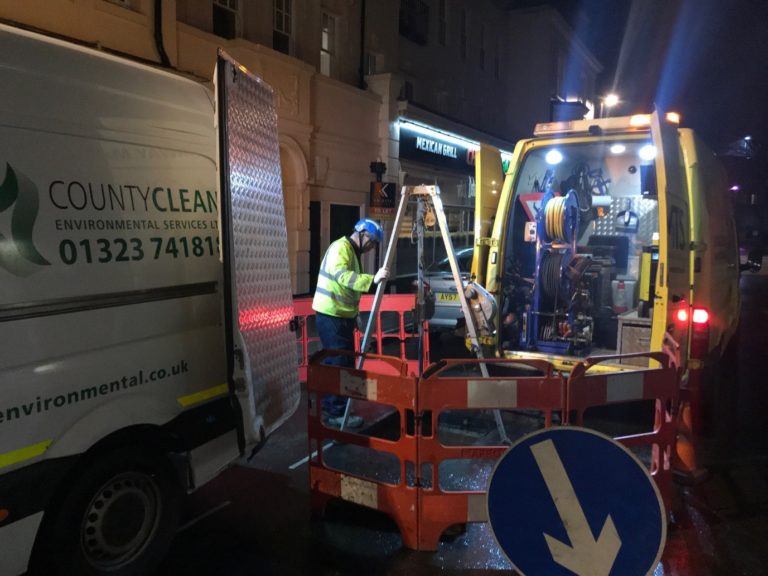Health and safety risks can be mitigated by having well managed waste disposal services in place, as a fatberg formed by the incorrect disposal could cause significant disruption to businesses and residents.
People are eating out more frequently, meaning that the need to reduce waste and adhere to government policies is paramount for any business.
With tougher legislation and stricter targets to reduce food waste, the catering, supply and food production sectors are conscientious of their responsibility to run an environmentally friendly business that meets current and future industry regulations.
Whilst commercial kitchen oil skimmers, grease traps and interceptors are primarily used to stop fats and food solids from entering the sewer system, they are preventative tools only and if proper waste management processes aren’t in place, grease and fat waste could build up very quickly in the sewer network and congeal into fatbergs which can lead to property flooding as waste backs up the drainage system.
Waste engineers in the UK deal with 200,000 sewer blockages each year, of which 75% are caused by grease, oil and fat waste.

We have helped to clear blockages of all sizes in sewer networks and drainage systems, including a 15 tonne bus-sized fatberg for Thames Water in Surrey which due to a huge amount of wet wipes mixed with tonnes of food waste, the blockage had reduced the sewer to just 5 per cent of its normal capacity.
Fortunately, residents had reported the matter quickly due to their toilets not flushing correctly and backing up. However, had the blockage been left it could have caused huge disruption to the public and transport systems across London as raw sewage would have burst out of manholes.
Our experienced and skilled teams cleared the blockage within 12 hours without the use of an additional water source and continued to assist Thames Water over a number of weeks to remove the remaining grease and debris in the sewer pipeline.
During the cleansing process, our state of the art mainline CCTV camera unit was utilised to survey and monitor the sewer, as well as highlight additional previously unknown issues with the brick work. Following the survey, a full WinCan CCTV report was created on site and immediately sent to Thames Water to assist with the remediation works.

To break up and dislodge the pulpy aggregation of cooking fat and flushed wet wipes, CountyClean’s drainage engineers used high pressure water jetting equipment and the company’s powerful Kroll recycling unit as it can recycle waste water back into the vehicles’ tank to be re-used during the heavy jetting process.
Best practise advice for your business
Government building regulations require those who prepare hot food in commercial kitchens to be fitted with grease separators which are specially designed units that separate fat, oil and grease from wastewater before it enters the sewage works for treatment. Food macerators are not recommended and enzyme dosing systems need to have been specified based on usage.
Although oil skimmers, grease traps and interceptors can help to reduce oil and fatty deposits from entering sewer networks, detergents will not stop fats from congealing and turning into hardened lumps. Therefore, it is important that staff of food production areas and kitchens are trained to remove greasy residues before rinsing and washing up.

CountyClean drainage engineers work around the clock to investigate and clear sewer blockages.
Those in the catering and hospitality industries will want to avoid drainage issues as these could cause loss of earnings, businesses becoming a public health nuisance, potential negative publicity and ultimately closure.
Drainage that is not maintained regularly or is part of a pre-planned program can also lead to nuisance smells and rodent infestation, therefore it is imperative to ensure that a maintenance plan is in place with records being kept on file for auditing purposes.
We would be happy to discuss a maintenance program for your catering business and offer an effective back up plan in case of emergencies. For more information call our friendly team at any time on 0800 171 2208 or 01323 714818, watch our video or browse our brochure.
